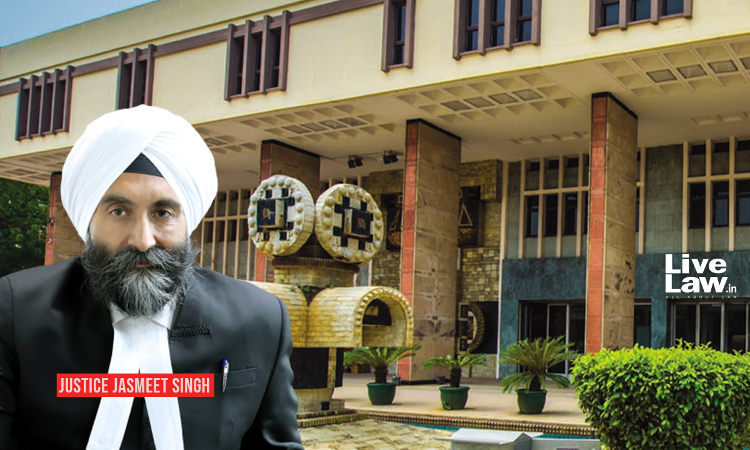The Delhi High Court has observed that death caused due to overwork and toxic work environment is a social problem which requires the government, labour unions, health officials and corporates to formulate appropriate policies. Observing that the problem of “toxic work culture” is plaguing all booming economies, Justice Jasmeet Singh cited the example of Japan where a term "karoshi” -...

